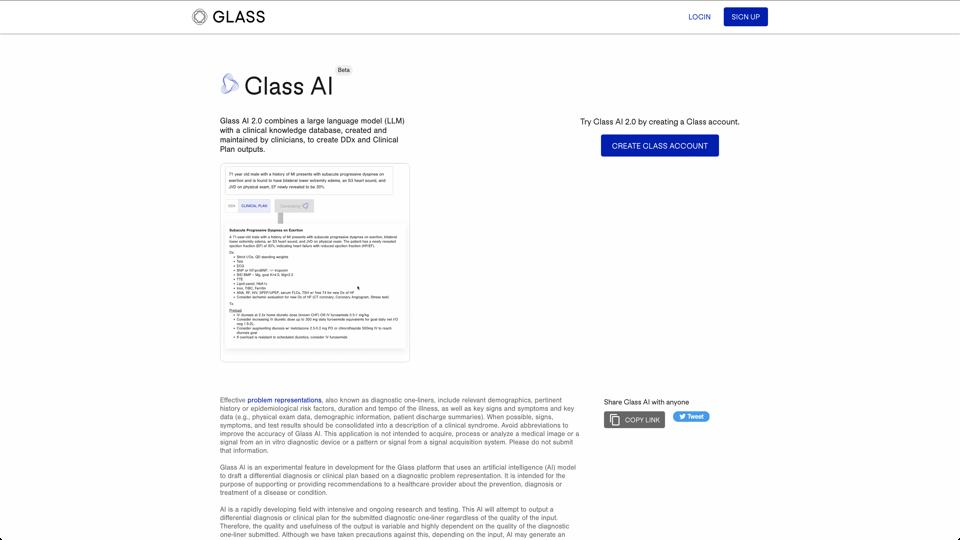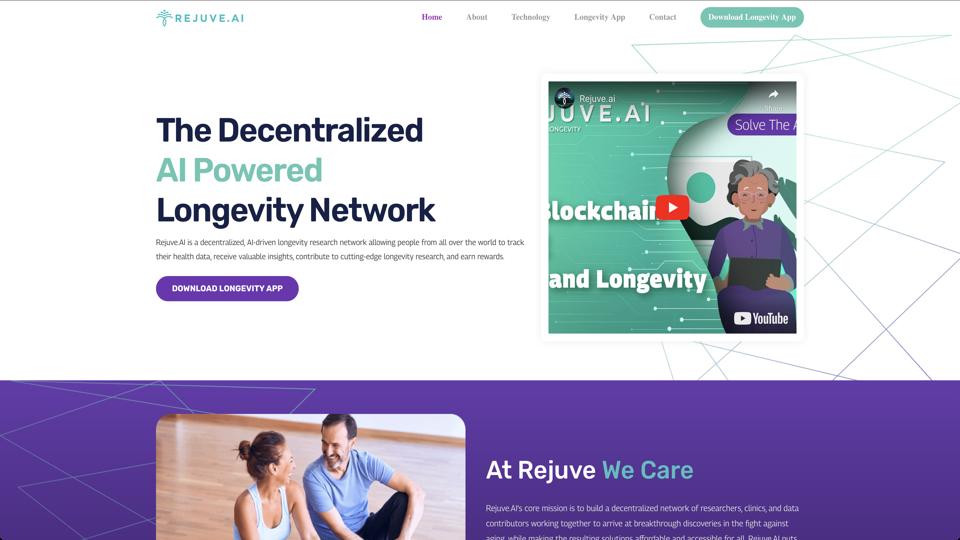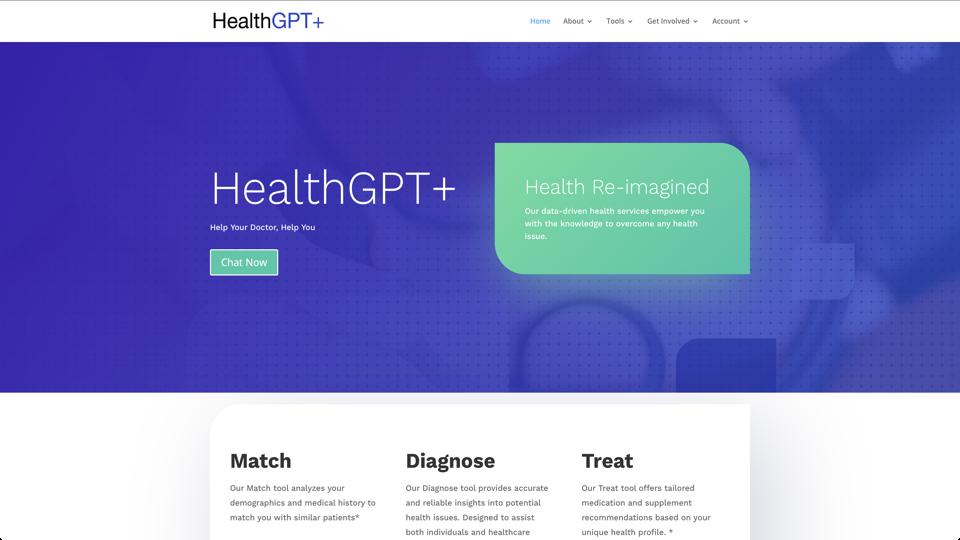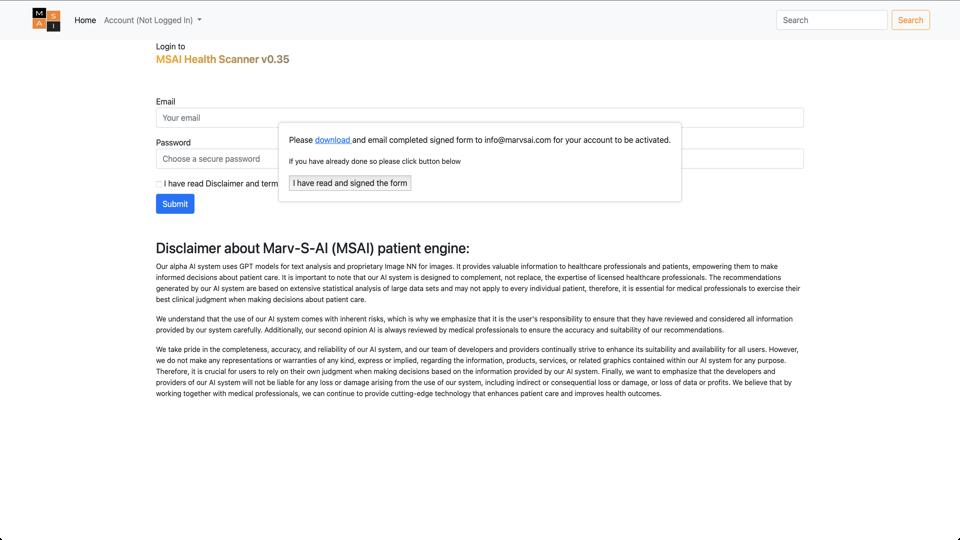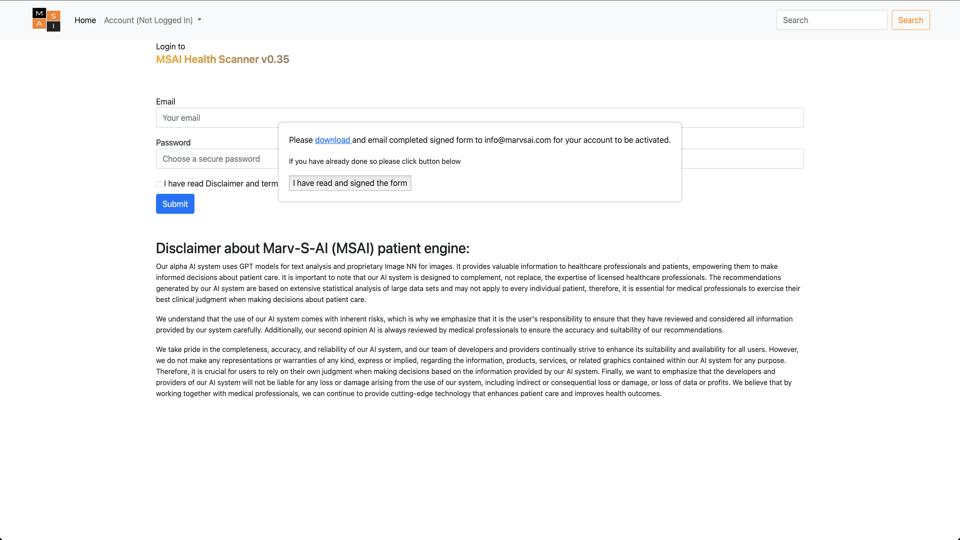Glass.health
Overview of Glass Health AI
Glass Health AI is an innovative AI-powered platform designed specifically for healthcare professionals, particularly clinicians and medical practitioners. Accessible at glass.health/ai, it leverages artificial intelligence to assist with creating differential diagnoses, treatment plans, and managing medical knowledge. The tool aims to enhance clinical decision-making by providing evidence-based insights, drawing from a vast database of medical literature and guidelines. It’s positioned as a “knowledge management” tool that helps doctors organize information, generate patient assessments, and improve efficiency in busy medical environments. Glass Health emphasizes accuracy, privacy, and integration with existing workflows, making it a valuable asset for both individual practitioners and teams.
Key Features
- AI-Powered Differential Diagnosis: Users can input patient symptoms and history to generate a ranked list of potential diagnoses, complete with explanations and supporting evidence.
- Treatment Plan Generation: Automatically suggests personalized treatment options based on the latest clinical guidelines, including medications, procedures, and follow-up recommendations.
- Knowledge Management: Allows users to create, store, and search personalized medical notebooks, integrating AI to summarize and reference key information from trusted sources.
- Collaboration Tools: Supports team sharing of notes and plans, with secure, HIPAA-compliant data handling.
- Integration and Customization: Works with electronic health records (EHR) systems and offers customizable templates for various specialties like internal medicine, pediatrics, and emergency care.
- Evidence-Based Insights: Pulls from reputable sources such as UpToDate, PubMed, and CDC guidelines, ensuring recommendations are up-to-date and reliable.
Pros
- Enhances diagnostic accuracy and speed, potentially reducing errors in high-pressure clinical settings.
- User-friendly interface that’s intuitive for busy professionals, with mobile app support for on-the-go access.
- Strong focus on data privacy and compliance, which is crucial in healthcare.
- Customizable to individual or institutional needs, making it scalable for solo practitioners or large hospitals.
- Regular updates incorporate new medical research, keeping the tool relevant.
Cons
- Relies on user-input accuracy; AI suggestions are only as good as the data provided, which could lead to incomplete assessments if details are missed.
- Subscription-based pricing may be a barrier for smaller practices or students, with no free tier for full features.
- Limited to English-language support currently, which might restrict global usability.
- As with any AI tool in medicine, it should not replace human judgment—over-reliance could pose risks if not used cautiously.
- Integration with some legacy EHR systems might require additional setup or technical support.
Pricing
Glass Health AI offers a tiered subscription model:
- Individual Plan: $29/month or $299/year, ideal for solo clinicians with access to core AI features and unlimited diagnoses.
- Team Plan: Starting at $99/month per user (billed annually), includes collaboration tools and priority support for groups.
- Enterprise Plan: Custom pricing for institutions, with advanced integrations and dedicated training.
A free trial is available for 14 days, allowing users to test the platform without commitment. Discounts may apply for students, residents, or non-profits.
Conclusion
Overall, Glass Health AI stands out as a robust tool for modernizing clinical workflows, particularly for those seeking AI assistance in diagnostics and knowledge management. It’s best suited for tech-savvy healthcare professionals who value evidence-based support and efficiency. While it has some limitations, its potential to improve patient outcomes makes it a worthwhile investment. If you’re in the medical field, I recommend trying the free trial via their website to see if it fits your needs. Rating: 4.5/5.
